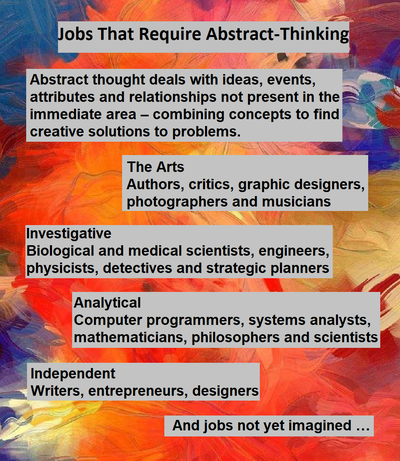Declining Fortunes of the Young: IMFBlog
Declining Fortunes of the Young: IMFBlog
Read the article from the IMFBlog about less economic security for young adults.
Era Dabla-Norris is a Division Chief in the IMF’s Fiscal Affairs Department. She is currently working on issues pertaining to structural reforms and productivity, income inequality, fiscal risks and spillovers, and demographics and fiscal dynamics.
Carlo Pizzinelli is an economist in the Fiscal Affairs Department of the IMF. His research interests are labor economics, macroeconomics, and household finance with a focus on advanced economies.
Jay Rappaport is a research analyst in the Fiscal Affairs Department of the IMF. Since joining the Fund, he has worked on tax policies, spending programs, and evolving labor issues. His research and policy interests include taxation, labor, and anti-poverty programs.

Best careers: Abstract-thinkers solve problems that move society foreward Source: Chron and Wallpaper Access)